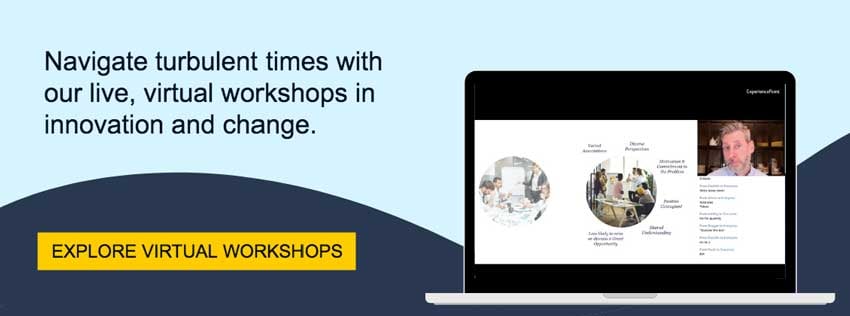Klara and the Sun, the latest novel by Nobel Prize winner Kazuo Ishiguro, is set in an almost recognizable future, when artificial intelligence has had a drastic impact on society. Automation has created extensive redundancies in the workforce, leaving parts of the population idle and aimless. Children no longer go to school and are taught, instead, by iPad-like “oblongs.” Their loneliness is mitigated by robots known as Artificial Friends, who are so technologically sophisticated that, apparently, they’re capable of empathy.
Ishiguro completed the novel before the pandemic began, but his evocation of an isolated, technologically-driven world feels prescient. The novel’s bleakness captures the underlying anxiety we probably all feel, to some degree or other, about the approaching “new normal,” and what it will mean for the quality of our lives.
The future of work was a much-discussed topic before the COVID era, with technological progress making us less dependent on each other and more reliant on our gadgets and laptops. Of course, the major breakthroughs in automation, AI and robotics are still very much in-progress, but the pandemic’s quick pivot to Zoom, online shopping and streamed entertainment appears to have given us a taste of what’s to come.
It’s generally accepted that we’re in the midst of a 4th industrial revolution, and one that’s happening at a rate exponentially faster, and more consequential, than revolutions of the past. In many ways, the technological progress underway is guaranteed to improve our lives and increase global wealth. Just as the invention of the steam engine and the beginning of mechanization paved the way for modern transportation, agriculture and production, advancements in AI, digitization and the Internet of Things are sure to enrich our lives and make many tasks easier.
But the unknown makes people apprehensive, especially when it comes to things as vital as their jobs. In a world where computers are better at diagnosing illnesses, investing money, driving and even finding love, what will be left for us to do? Will we create new, unforeseeable professions? Will our lives be redefined to find meaning through leisure? Or will society fall apart?
Over the next few blog posts, we’ll explore various topics on the future of work, from hybrid-workplaces to the impact of psychological uncertainty. We’ll take a look at what redundancies will mean for women and diverse hiring, and the skills and jobs that will never become obsolete. Stay tuned!
